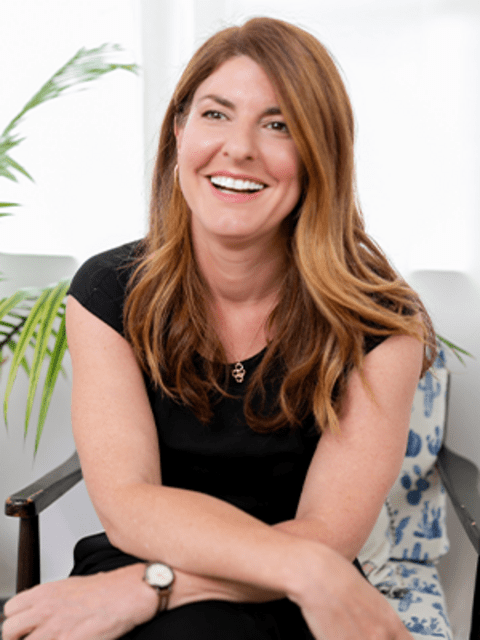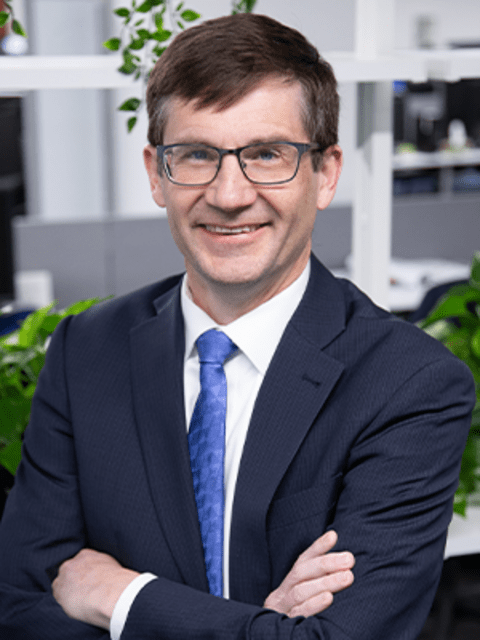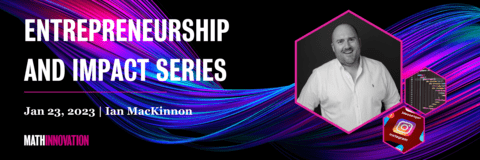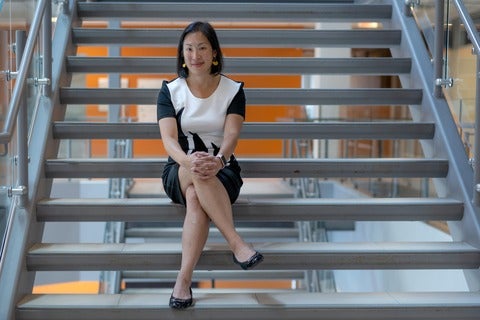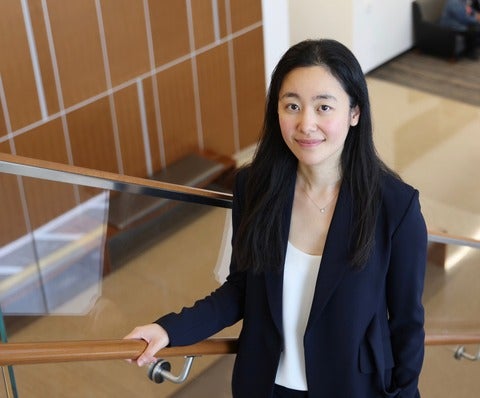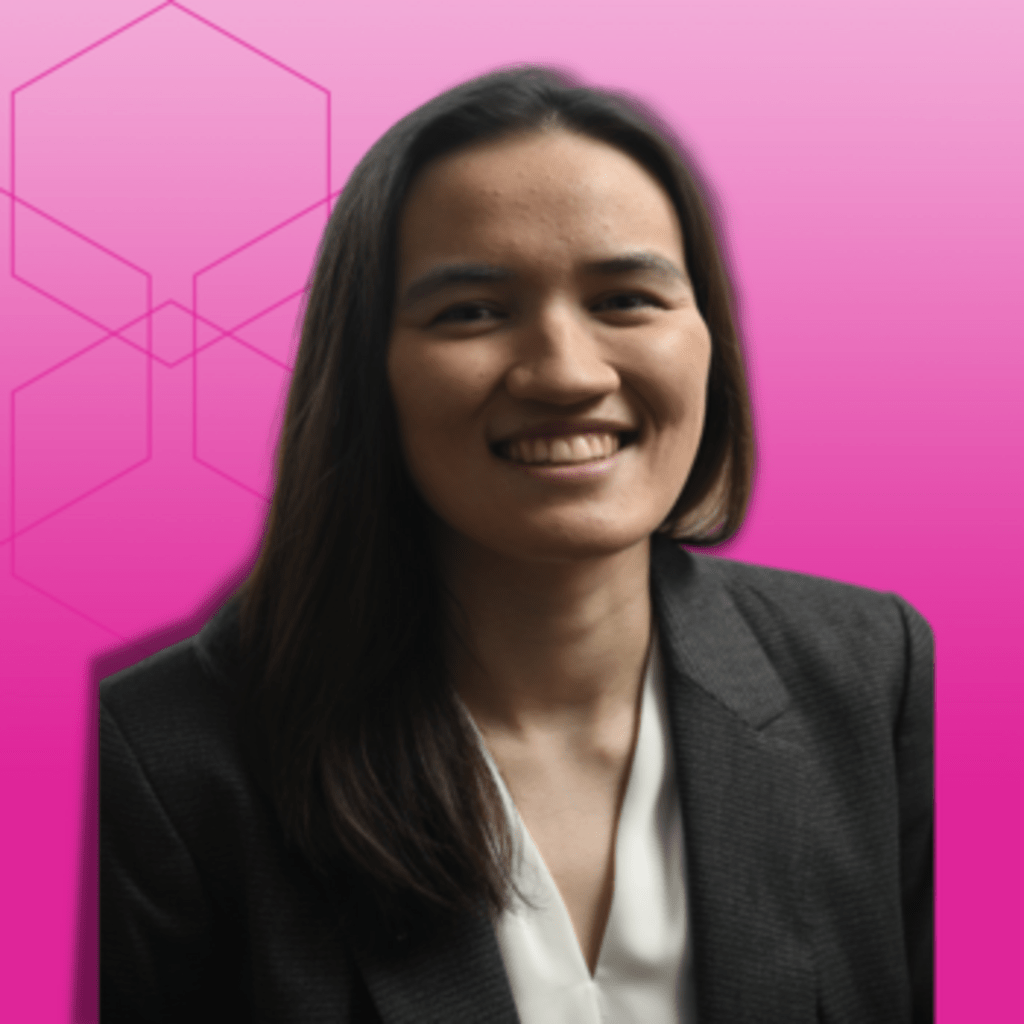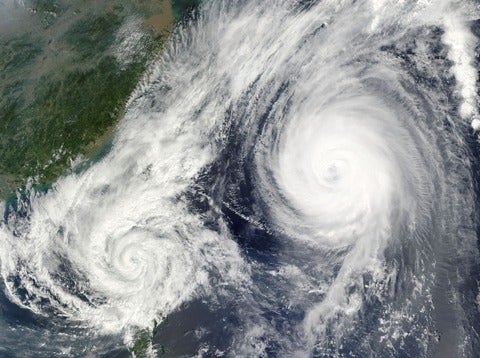The Math Innovation Office is proud to host the Entrepreneurship and Impact Series which aims to bring experienced, successful entrepreneurs to UWaterloo to share their stories and inspire students. This series will feature an impressive lineup of speakers who have used their backgrounds in mathematics and computer science to create startups, build innovative products, and forge their own paths to success.
Join us on January 23, 2023, in DC 1302 at 4:30 p.m. for this exclusive 'Ask Me Anything' event featuring Robert Madej, Founder and CEO of PureFacts Financial Solutions. The AMA will be followed immediately by a social reception with refreshments in DC 1301 (Fishbowl). Register to attend
*This event will be recorded
Bio: Robert Madej
Robert Madej
Founder and CEO
PureFacts Financial Solutions
Robert Madej is the Founder and CEO of PureFacts Financial Solutions, a leading provider of end-to-end revenue management software for the wealth and asset management industry. A graduate from the University of Waterloo, Robert has his BMATH, Pure Mathematics (1992) and his MMATH, Pure Mathematics (1994) and is an advocate for encouraging more pure mathematicians to innovate in the entrepreneurial space.
Robert founded PureFacts in 1997 with a vision for worldwide wealth. More than two decades later, he continues to be humbled by PureFacts’ journey. With offices in Canada, the USA, and Europe, the company’s mission is to create meaningful solutions for wealth and asset managers so they can help their investors live their best lives and grow their firms. Today, PureFacts supports the revenue growth of over 100 clients with its fee calculation platform, revenue management tools, and insightful, AI-powered, reporting. For its solution and service delivery, PureFacts has been recognized as a top FinTech solution, receiving the WealthTech100, AIFinTech100, and ESGFinTech100 awards.


